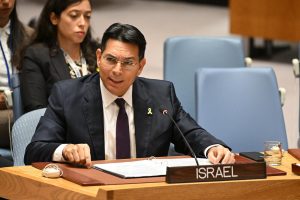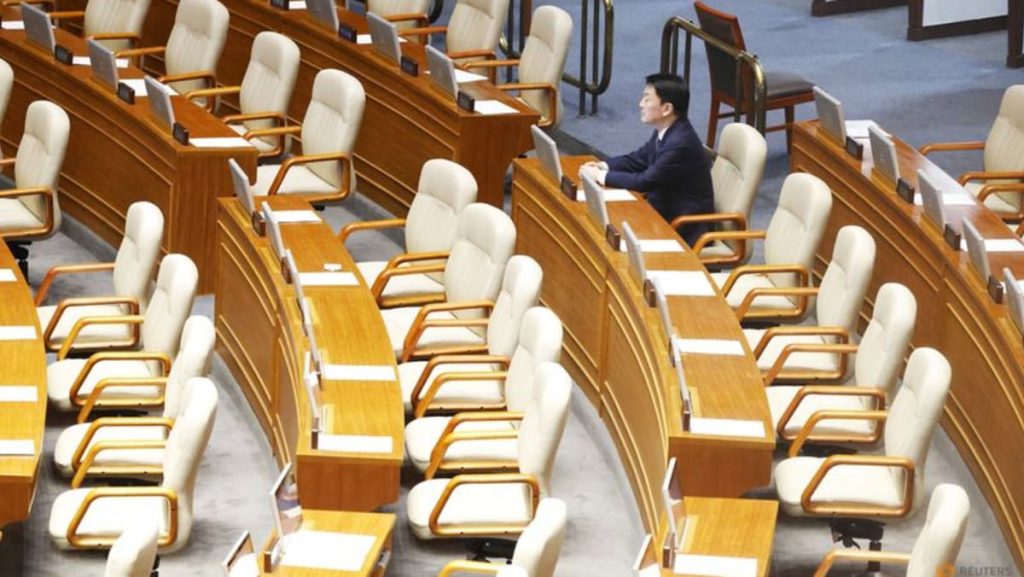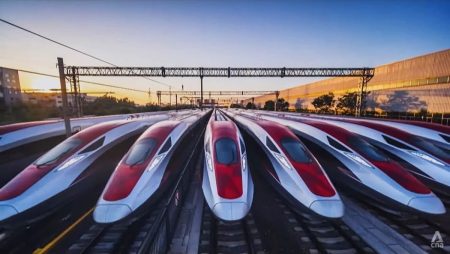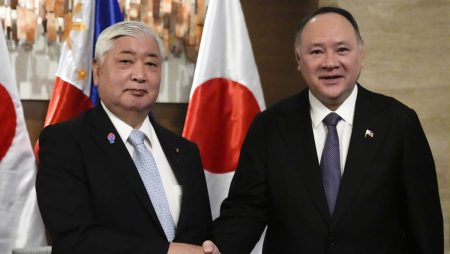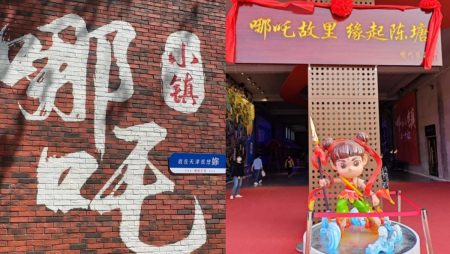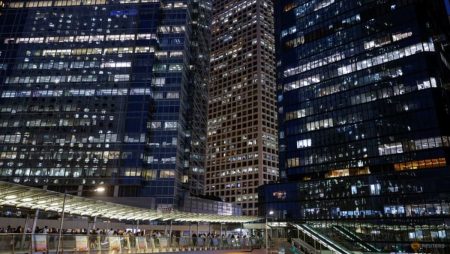Ahn’s Presidential Aspirations and the Current Political Crisis
Ahn Cheol-soo, a prominent figure in South Korean politics, harbors presidential ambitions. He participated in the 2022 presidential race but ultimately withdrew his candidacy a week before the election to endorse Yoon Suk-yeol. This last-minute support proved pivotal in Yoon’s narrow victory, marking the closest margin in South Korean electoral history. Following the election, Ahn’s party merged with Yoon’s People Power Party (PPP), solidifying a political alliance that has since fractured dramatically. Ahn now finds himself at odds with his PPP colleagues over the handling of the ongoing political crisis surrounding President Yoon.
The current crisis stems from widespread public dissatisfaction with Yoon’s performance, coupled with allegations of misconduct. This discontent has escalated to calls for Yoon’s impeachment, a move that has divided the PPP. While some party members officially advocate for an "orderly exit" for the embattled president, many experts interpret this stance as a delaying tactic in the face of likely electoral defeat. The PPP successfully blocked an initial impeachment attempt, claiming that Yoon had agreed to resign at an unspecified future date, with the prime minister and party chief assuming interim leadership.
Ahn, however, deems this resolution inadequate. He criticizes the lack of a concrete plan from both Yoon and the PPP, expressing his disappointment that the president "handed everything over to the ruling party." Ahn insists that Yoon should personally announce his resignation timeline and detail the formation of a joint governing body involving both ruling and opposition parties. The absence of such a roadmap led him to support the impeachment motion, a decision he maintains he would make again, citing the constitutional duty of each member of parliament to vote according to their conscience, even if it contradicts the party line.
Ahn’s stance reflects a growing dissatisfaction with Yoon’s leadership, not only among the South Korean public but also within international circles. He argues that Yoon has lost the confidence of key allies, rendering him "incapable of continuing his duties as president." Ahn emphasizes the need for Yoon to personally address the nation and provide a clear explanation of his intentions regarding resignation, emphasizing the importance of transparency and accountability in resolving the current political impasse. He views the president’s silence and the PPP’s ambiguous pronouncements as further exacerbating the crisis.
The political situation in South Korea remains highly volatile. The PPP’s attempts to manage the crisis by suggesting an eventual resignation without a fixed timeline have failed to quell public anger or satisfy those within the party, like Ahn, who demand greater clarity and decisive action. The lack of a concrete plan for the transition of power, coupled with the absence of a clear commitment from Yoon himself, continues to fuel uncertainty and deepen the political divide.
Ahn’s criticism of the PPP and his insistence on Yoon’s personal accountability reflect a broader concern about the stability and direction of South Korean politics. The ongoing crisis underscores the fragility of political alliances and the importance of public trust in leadership. As the situation unfolds, the pressure on Yoon to provide a definitive answer regarding his future and the country’s leadership will likely intensify. The future of South Korean politics hangs in the balance, dependent on the resolution of this leadership crisis and the restoration of public confidence.
